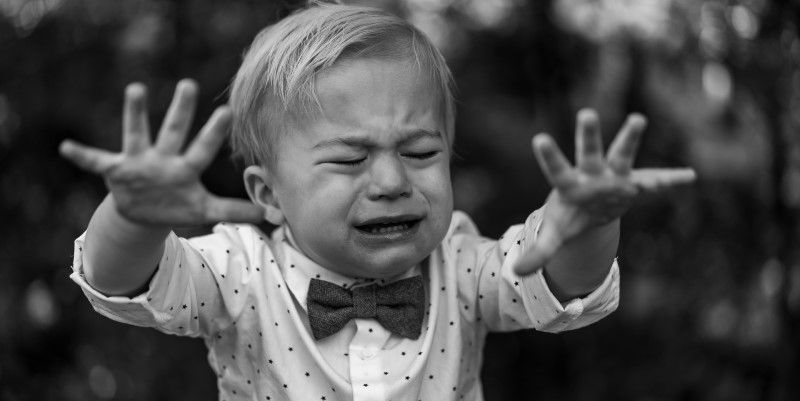Schema therapy is a therapeutic approach that focuses on identifying and challenging negative patterns of thinking and behavior that have developed over time. It combines elements of cognitive-behavioral therapy, psychodynamic therapy, and attachment theory to help individuals understand and change maladaptive schemas, or core beliefs about themselves and the world.
For counselors looking to improve their skills in schema therapy, there are several books available that provide valuable insights and strategies for working with clients. Here are 17 schema therapy books that can help counselors enhance their counseling skills:
1. “Schema Therapy: A Practitioner’s Guide” by Jeffrey E. Young, Janet S. Klosko, and Marjorie E. Weishaar – This book provides an overview of schema therapy and offers practical strategies for working with clients dealing with maladaptive schemas.
2. “Reinventing Your Life: The Breakthrough Program to End Negative Behavior…and Feel Great Again” by Jeffrey E. Young and Janet S. Klosko – This book explores the origins of maladaptive schemas and offers exercises and techniques for transforming them.
3. “The Schema Therapy Clinician’s Guide: A Complete Resource for Building and Delivering Individual, Group and Integrated Schema Mode Treatment Programs” by Joan M. Farrell and Ida A. Shaw – This comprehensive guide offers a detailed overview of schema therapy techniques and strategies for implementing them in clinical practice.
4. “Schema Therapy for Borderline Personality Disorder” by Arnoud Arntz and Hannie van Genderen – This book focuses on how schema therapy can be used to effectively treat individuals with borderline personality disorder.
5. “The Wiley-Blackwell Handbook of Schema Therapy: Theory, Research, and Practice” edited by Michiel Van Vreeswijk, Jenny Broersen, and Marjon Nadort – This book provides an in-depth look at the theory, research, and practice of schema therapy.
6. “Schema Therapy with Couples: A Practitioner’s Guide to Healing Relationships” by Chiara Di Frano and Eckhard Roediger – This book explores how schema therapy can be applied to couples therapy, offering practical techniques for improving communication and resolving conflicts.
7. “Schema Therapy in Practice: An Introductory Guide to the Schema Mode Approach” by Arnoud Arntz and Hannie van Genderen – This book provides a step-by-step guide to implementing the schema mode approach in clinical practice.
8. “The Schema Therapy Workbook: A Practitioner’s Guide” by Jeffrey E. Young and Janet S. Klosko – This workbook offers practical exercises and worksheets for helping clients identify and change maladaptive schemas.
9. “The Schema Therapy Sourcebook: A Guide to the Practice of Schema Therapy” by Bruce A. Stevens and Eckhard Roediger – This comprehensive guide offers a wealth of information on the theory and practice of schema therapy.
10. “Schema Therapy: Distinctive Features” by Eshkol Rafaeli, David P. Bernstein, and Jeffrey Young – This book provides an overview of the distinctive features of schema therapy, including its focus on early maladaptive schemas and coping modes.
11. “Schema Therapy: A Step-by-Step Guide to Understand and Heal the Origin of Our Life Traps and Behaviors” by Marcus Thruesser – This book offers a clear and accessible introduction to schema therapy, with practical tips for identifying and changing maladaptive schemas.
12. “The Schema Therapy Companion: A Practitioner’s Guide to Essential Concepts and Techniques” by Hannah White – This book provides a concise overview of key concepts and techniques in schema therapy, making it an ideal resource for novice practitioners.
13. “Schema Therapy: A Patient’s Guide” by Edrick Kok – This book offers a patient-friendly introduction to schema therapy, helping individuals understand how their early experiences shape their beliefs and behaviors.
14. “Healing the Angry Brain: How Understanding the Way Your Brain Works Can Help You Control Anger and Aggression” by Ronald T. Potter-Efron and Patricia S. Potter-Efron – This book explores the role of schema therapy in managing anger and aggression, offering practical strategies for emotional regulation.
15. “The Science of Cognitive Behavioral Therapy” by Stefan G. Hofmann and Gordon J. G. Asmundson – This book provides a comprehensive overview of cognitive-behavioral therapy, including its application to schema therapy and other therapeutic approaches.
16. “The Compassionate Mind: A New Approach to Life’s Challenges” by Paul Gilbert – This book explores the role of self-compassion in healing maladaptive schemas, offering insights into how mindfulness and compassion-based techniques can support cognitive-behavioral interventions.
17. “Breaking Negative Thinking Patterns: A Schema Therapy Self-Help and Support Book” by Gitta Jacob and Hannie van Genderen – This self-help book offers practical exercises and strategies for individuals looking to address negative thinking patterns and develop healthier beliefs about themselves and the world.
In conclusion, these 17 schema therapy books offer valuable insights and practical strategies for counselors looking to enhance their skills in working with clients dealing with maladaptive schemas. Whether you are new to schema therapy or looking to deepen your understanding of this therapeutic approach, these books can provide valuable resources for improving your counseling skills and supporting your clients on their journey to healing and growth.



